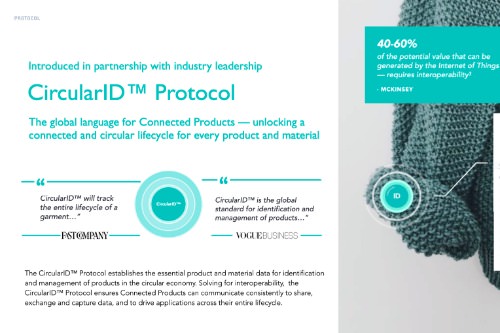01. Definition
Circular economy
How to shape a sustainable future?
The circular economy aims to change the paradigm in relation to the linear economy, by limiting the environmental impact and waste of resources, as well as increasing efficiency at all stages of the product economy. The recent warnings about waste pollution and the limits of natural resources are encouraging the development of a circular economy. What is the definition of circular economy, what are its benefits and the solutions to achieve it?



02. Causes
Circular economy principles
- Sustainable procurement: development and implementation of a responsible purchasing policy
- Ecodesign: process of reducing the environmental impacts of a product or service throughout its life cycle
- Industrial and territorial ecology: search for eco-industrial synergies at the scale of a business area - the waste of one company can become the resources of another one
- Economics of functionality: collaborative economy that favors use over possession and thus tends to sell services related to products rather than the products themselves
- Responsible consumption: rational consumption and choice of products according to social and ecological criteria
- Extending the duration of use: through repair, reuse and repurpose
- Recycling: treatment and recovery of the materials contained in collected waste.

03. Impacts
Circular economy benefits
- Environmental: the first advantage of a circular economy is the protection of the environment, reducing waste and the emissions of greenhouse gases, systematizing recycling, and ending planned obsolescence. The circular economy also allows to decrease the dependence on importation of resources (raw materials, water, energy).
- Economic: another huge benefit of the circular economy is that it stimulates innovation and boost economic growth, and could in the long run enhance the competitiveness of national companies.
- Social: in addition, the circular economy creates jobs and enables people to save money, cutting unemployment and poverty as well as reducing the social impacts of pollution and climate change.

04. Solutions
Circular economy solutions
05. Implementations
Circular economy solutions implementations
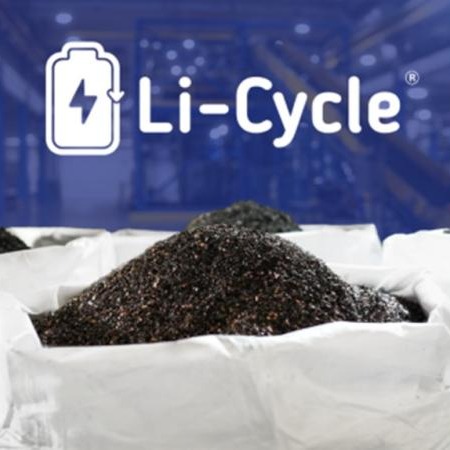
Li-Cycle Technology by LI-CYCLE CORP. implemented by Glencore in Toronto (Canada) in 2024
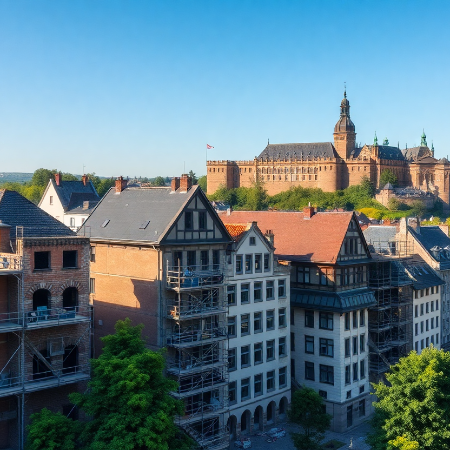
Madaster by Madaster implemented by City of Heidelberg in Heidelberg (Germany) in 2022
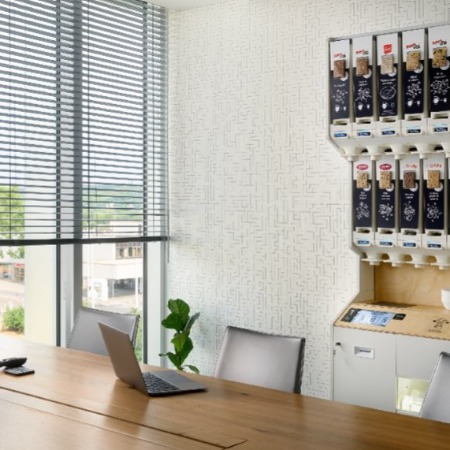
MIWA - Smart Reusable Packaging by MIWA implemented by Nestlé in Rorschach (Switzerland) in 2021
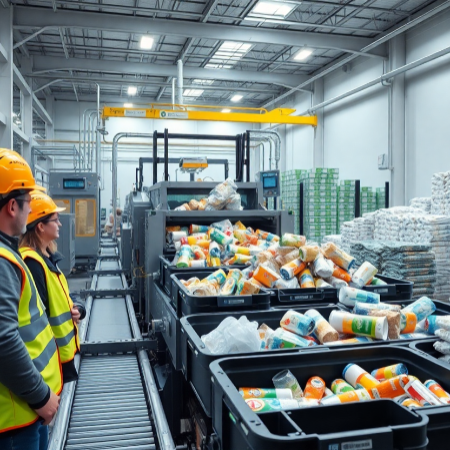
HolyGrail 2.0 by Procter & Gamble - P&G implemented by Decathlon in Ottawa (Canada) in 2021
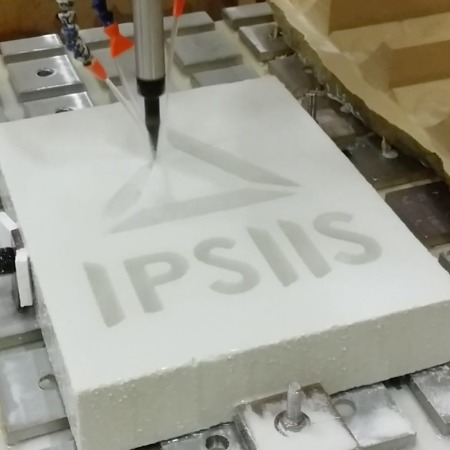
IPSIIS by IPSIIS implemented by Solvay in Rosignano (Italy) in 2022
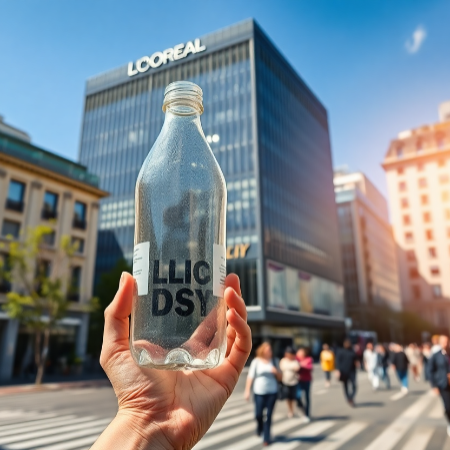
Carbios PET biorecycling by CARBIOS implemented by L'Oréal in Clichy (France) in 2025
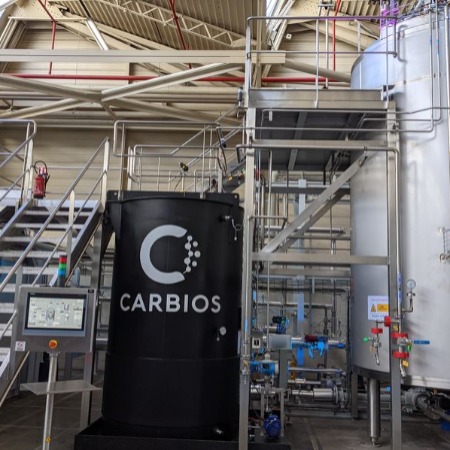
Carbios PET biorecycling by CARBIOS implemented by Michelin in Clermont-Ferrand (France) in 2021
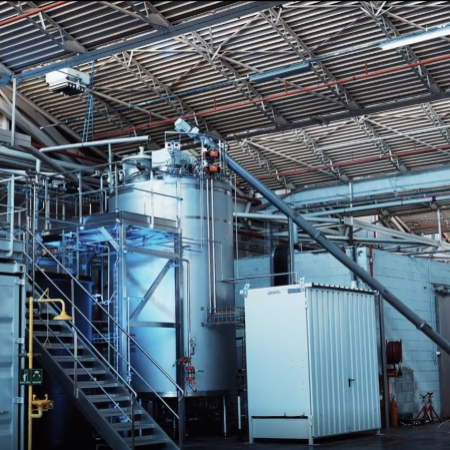
Carbios PET biorecycling by CARBIOS implemented by Citeo in Longlaville (France) in 2023
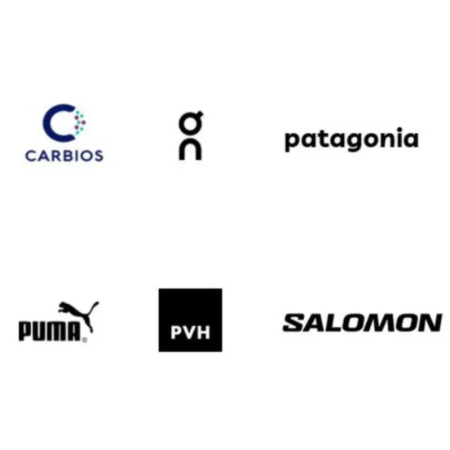
Carbios PET biorecycling by CARBIOS implemented by PVH Corps in Clermont-Ferrand (France) in 2023
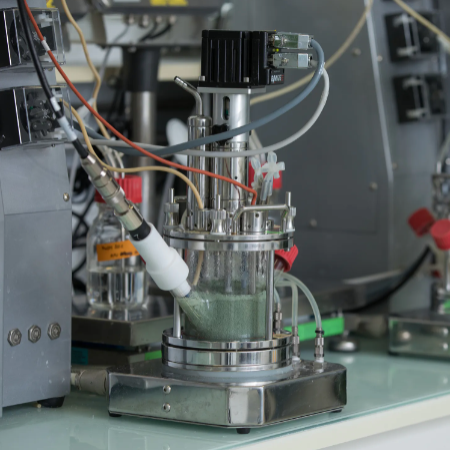
Carbios PET biorecycling by CARBIOS implemented by Novonesis (ex Novozymes) in Longlaville (France) in 2023

EcoPlanet/Susteno by Holcim implemented by HSG Foundation in Saint Gallen (Switzerland) in 2016
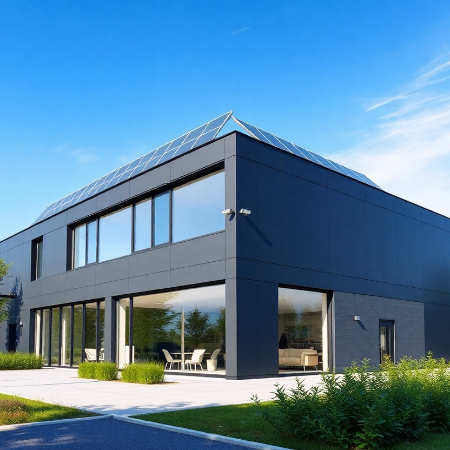
Wall E+ by Caerostris implemented by Solutions Composite in Tours (France) in 2019
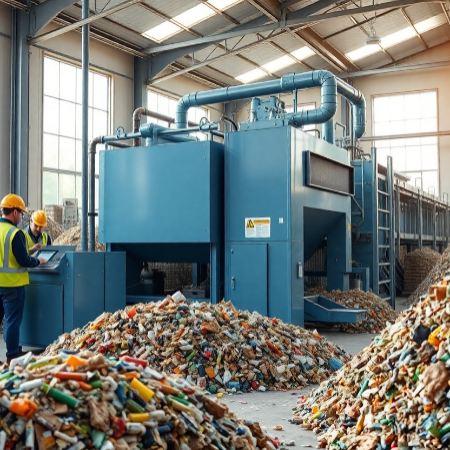
The Fossilizator® by Néolithe implemented by the City of Avrillé in Maine-et-Loire (France) in 2023
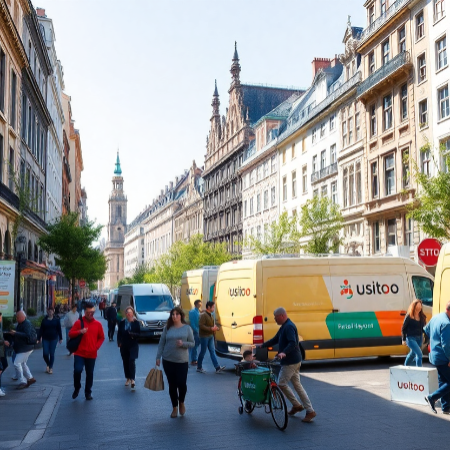
Usitoo by Usitoo implemented by City of Brussels in Brussels (Belgium) in 2022
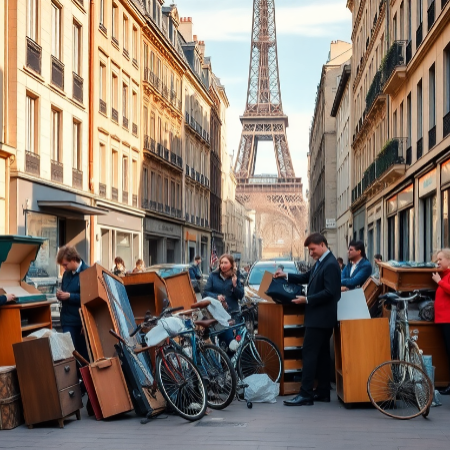
Collaborative Recycling by Corecyclage implemented by City of Paris in Paris (France) in 2018

Recyc Leather Innovative Material by Recyc Leather implemented by Ganni A/S in Copenhagen (Denmark) in 2024

06. Challenges
Circular economy challenges
- Institutional: rules and regulations need to be adapted to encourage and promote the development of the circular economy, both nationally and internationally. In fact, strengthening local governmental policies to support its implementation, as well as bringing clear legislation are key to promote the transition towards circular economy business models.
- Economic: business transformation is costly. Therefore, financial incentives are essential to achieve circular economy. Lowering VAT on recycled products and increasing tax on virgin raw materials are examples of solutions that could be adopted to accelerate the uptake of circular economy initiatives.
